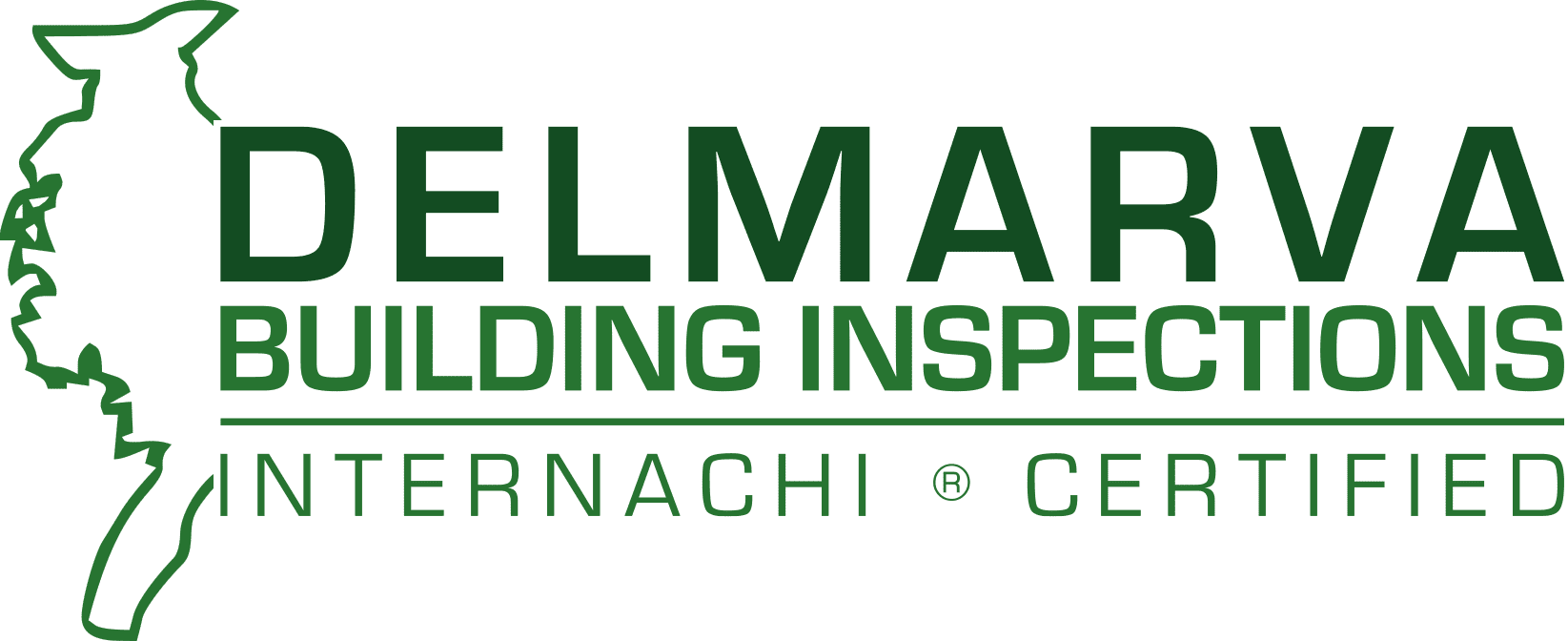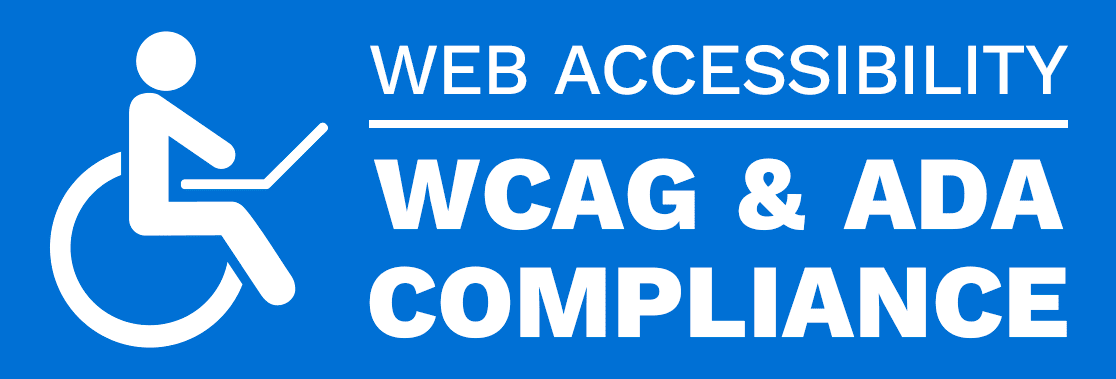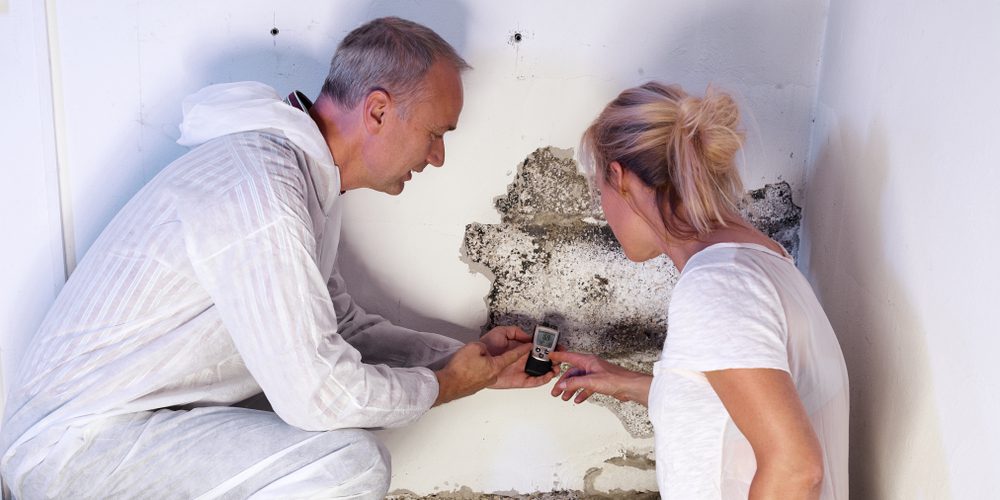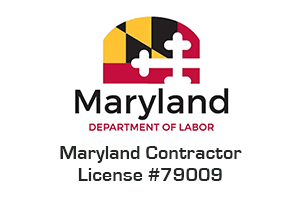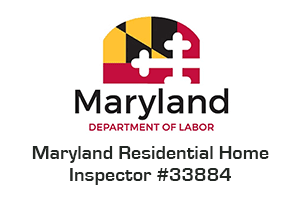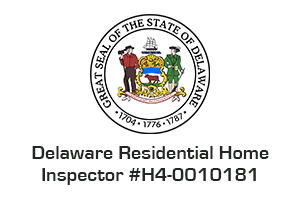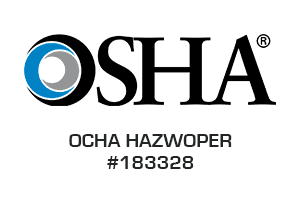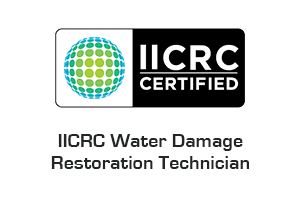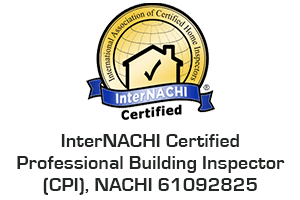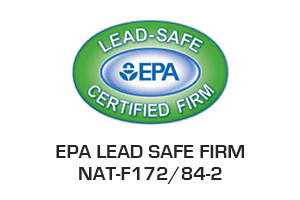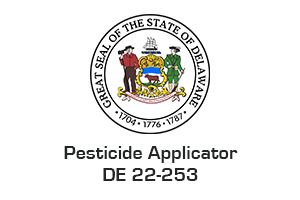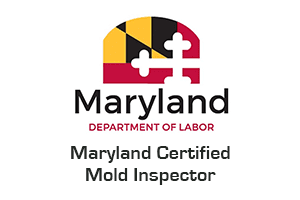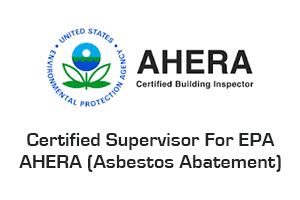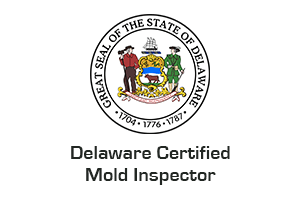Have Questions About Mold? We Have The Answer!
The presence of mold can also halt the sale of a home or business and cause significant buyer remorse. If you and your family reside in a house or business where mold has been detected, you may be concerned about health effects and the expense of remediation. However, mold may be elusive, so it’s important to know what to look for because mold development often originates in out-of-sight wall cavities due to water damage from floods or leaks. In addition, the air you and your family breathe every day might be compromised by mold growth if you don’t take action. Below we’ll answer some of the most asked questions about mold.
What is Mold, And How is it Different than Mildew?
Mold is a type of fungus that grows in moist environments and can cause damage to organic material. Mildew, on the other hand, is a surface type of mold that grows on plants and can also appear on porous materials such as paper, leather, and textiles. Mildew has a powdery appearance and is usually white or gray, while mold is often green, black, or brown and has a furry or slimy texture.
Can Mold Grow on Concrete?
Yes, mold can grow on concrete if there is enough moisture and organic matter present for it to feed on. In addition, concrete can absorb moisture from spills, leaks, or high humidity, creating an ideal environment for mold growth. Therefore, it is important to address moisture issues and promptly clean up mold growth to prevent further spread.
How Do Mold Spores Get In Your Home Or Business
Mold fragments can enter a home or business through various means, including:
- Open doors and windows
- HVAC systems
- On clothing, shoes, or pets
- Through air ducts
- Through crawl spaces or attics
- Through leaks or flooding
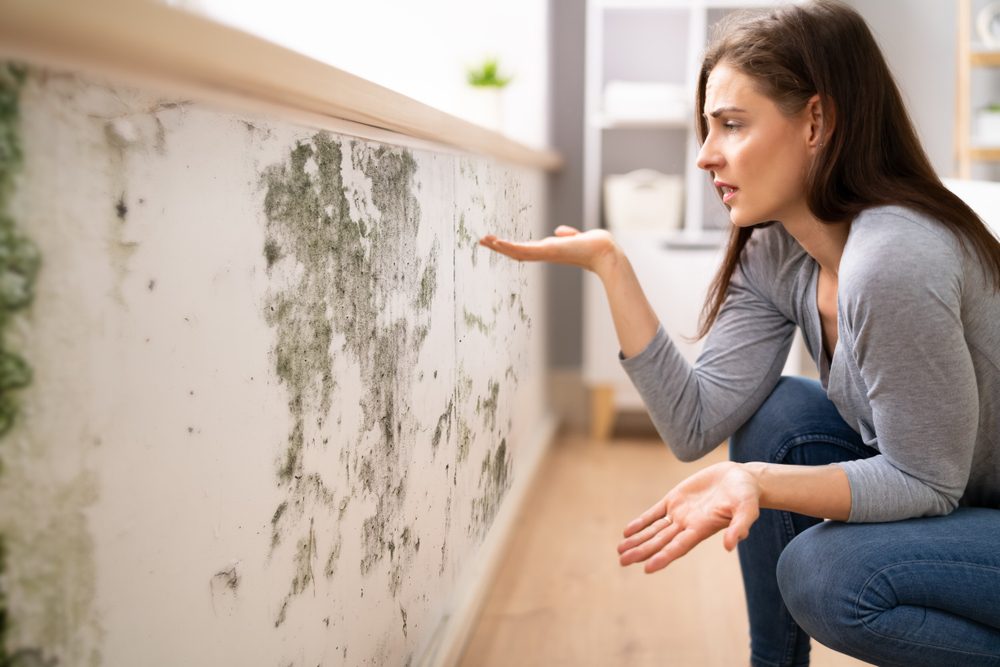
It is important to address moisture issues promptly and to control indoor humidity levels to prevent mold growth and limit the spread of mold spores.
Is Mold Dangerous, And How Do I Avoid It?
Yes, mold can be dangerous as some types of mold produce toxic substances (mycotoxins) that can cause health problems such as allergies, respiratory issues, and even infections. To avoid mold growth:
- Control indoor humidity levels (30-60%)
- Fix any leaks or water damage promptly
- Use exhaust fans in bathrooms and kitchens
- Properly ventilate attics and crawl spaces
- Clean up spills and moisture immediately
- Keep indoor temperature moderate and stable
If mold growth is discovered, it is recommended to have it removed by a professional, as some types of mold can be hazardous and require special handling. However, you could use bleach or other household product to remove a small amount of mold.
Are Some Types Of Mold Harmless?
Yes, some types of mold commonly found in the environment are considered harmless. For example, Penicillium and Aspergillus molds are used to produce food and antibiotics. However, other types of mold can produce toxic substances (mycotoxins) that can cause health problems. Therefore, we recommend having the mold in your home evaluated by a professional to determine if it is harmful and to take appropriate action when necessary.
Does Mold Have Any Benefits?
Yes, mold has some benefits, including:
- Producing antibiotics such as penicillin
- Breaking down dead organic matter in the environment
- Producing enzymes used in food production and other industries
However, it is important to note that the presence of mold in indoor environments can negatively impact health and building materials, so it is important to control mold growth and limit mold exposure. For questions about mold inspections, call Delmarva Building Inspections today.
What Causes Mold?
Mold growth develops when moisture and organic matter are present, which mold uses as a food source. Some common factors that can contribute to mold growth in indoor environments include:
- Leaks or water damage
- High indoor humidity levels
- Poor ventilation
- Poor air circulation
- Lack of proper cleaning and maintenance
It is important to address these factors promptly to prevent mold growth and limit its spread.
What Is The Difference Between Mold And Mildew?
Mold and mildew are both types of fungi that grow in moist environments. The main difference between the two is their appearance and location.
- Mold is a fungus that grows in dense colonies and can appear on various surfaces, including walls, ceilings, and floors. It can have a furry, slimy, or crusty texture and is often green, black, or brown.
- Mildew is a type of surface mold that grows on plants and can also appear on porous materials such as paper, leather, and textiles. Mildew has a powdery appearance and is usually white or gray.
Both mold and mildew can negatively impact health and building materials, so it is important to address moisture issues promptly and clean up mold growth.
What Does The Center For Disease Control Have To Say About Mold?
The Centers for Disease Control and Prevention (CDC) states that mold exposure can cause a range of health effects, depending on the type of mold, the amount of exposure, and individual sensitivities. Some common symptoms of mold exposure can include the following:
- Sneezing
- Runny nose
- Red eyes
- Skin rash
- Cough
- Wheezing
The CDC also states that individuals with weakened immune systems, such as the elderly and people with chronic illnesses, may be at higher risk for health problems related to mold exposure. They recommend controlling moisture and cleaning up mold growth promptly to prevent health problems and limit the spread of mold. Additionally, they recommend hiring a professional to assess and clean up the mold if you have a significant mold problem. For common questions about mold contact the CDC.
